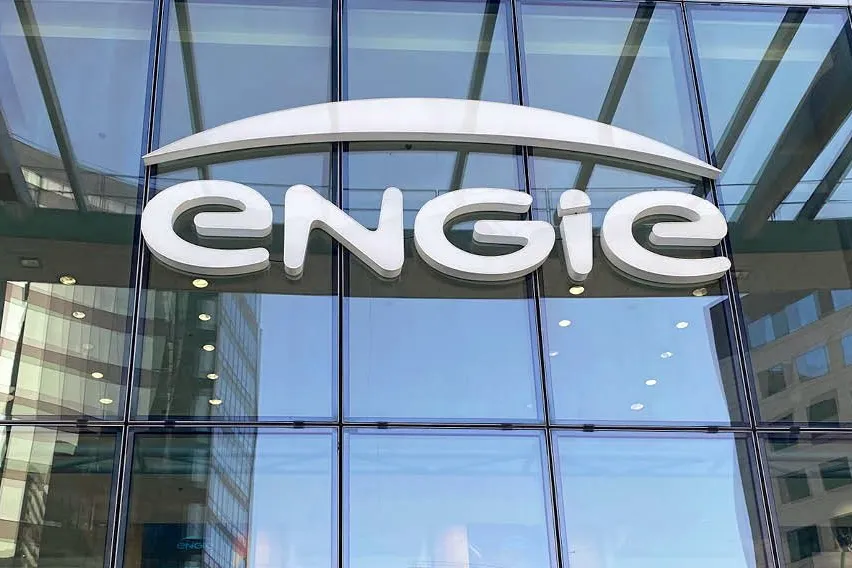Engie CEO: Republican clean energy draft plans 'better than expected'
Catherine MacGregor says initial tax incentive proposals short of industry's worst fears, but stresses French energy giant's global 'optionality'

Draft Republican proposals over US clean energy incentives are short of the industry’s worst fears, according to the CEO of Engie, who stressed that whatever happens the global power giant has plenty of “optionality” beyond America.
“So, the fact that the starting point is slightly better than expected, does give us some hope,” she said, while cautioning that the situation is “dynamic” and likely to change as the proposals evolve on their journey through Congress.
Engie is a major player in the US renewable energy sector, with 8.5GW of capacity in operation and another 2GW already under construction.
For future developments MacGregor said Engie is looking for clarity over the IRA, trade tariffs and speed of project permitting.
On tariffs, she said Engie’s US operation had “largely derisked exposure” of projects under construction by acting promptly.
MacGregor claimed the “fundamentals” of US power demand growth remain robust, citing as an example a deal signed just this week that would see Engie deliver 300MW of renewable power to a data centre group.
And whatever happens in America, the French energy group’s huge global pipeline gives it plenty of room for maneuver.
“As of now, we benefit from a big level of optionality,” she said. “Remember, we have a pipeline of 115GW, 80GW of this is outside North America. So, if needed, we could allocate capital originally intended for the US into other attractive markets, where we are already well established.”
Renewable energy groups and analysts have spent the week since the draft bill emerged picking over its potential implications for US development.
The House Ways and Means Committee, where tax bills originate, approved the measure with $3.8trn in tax proposals on Wednesday by a party-line 26-19 vote.
It will be combined with proposed US government spending cuts from other House committees into a massive “budget reconciliation” bill that majority Republicans hope to win passage by the full chamber this month.
It would then head to the Senate, also under Republican control, which is likely to make changes. President Donald Trump would like the bill on his desk for signature into law by 4 July, commemorating US national independence.
(Copyright)